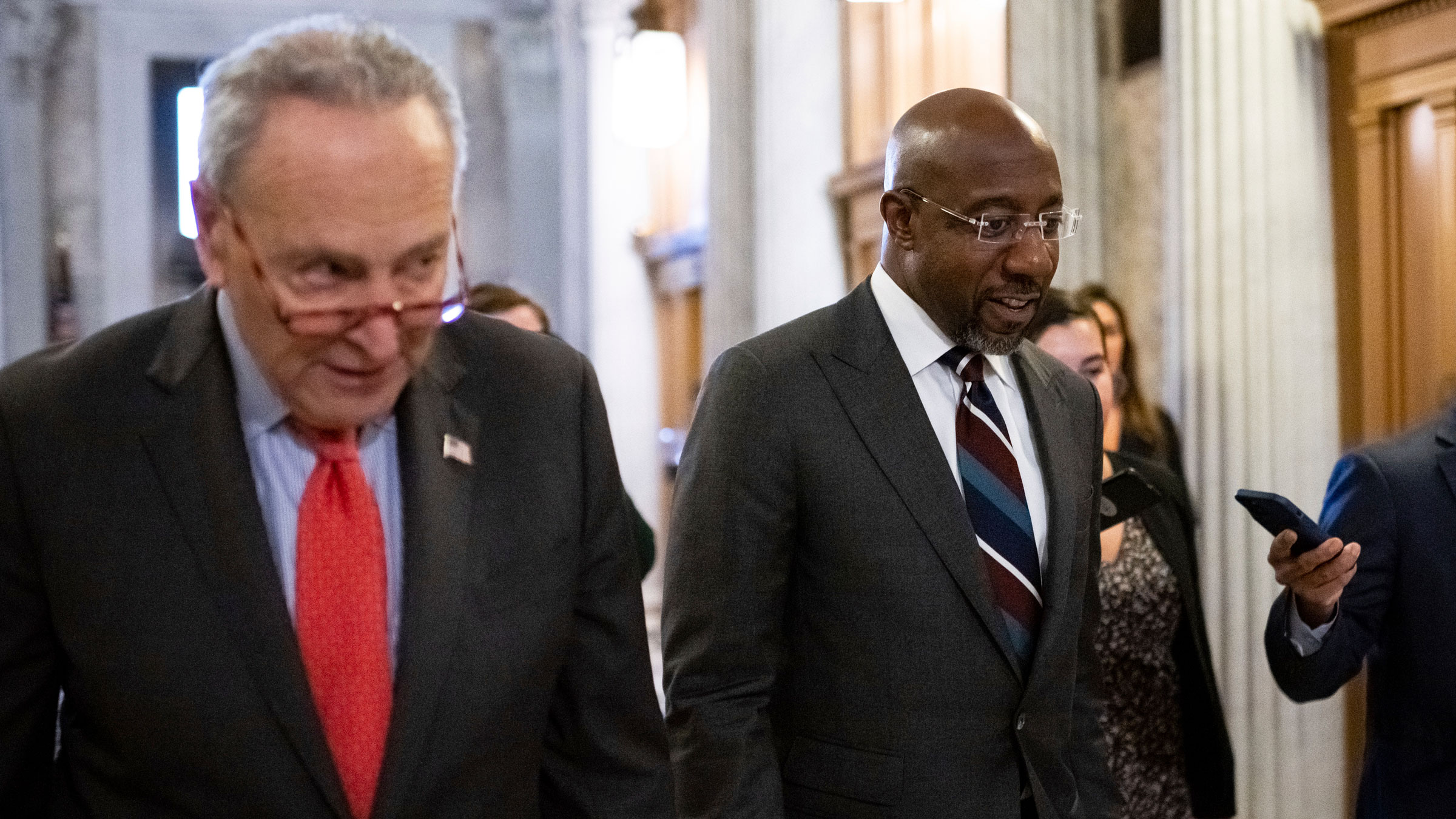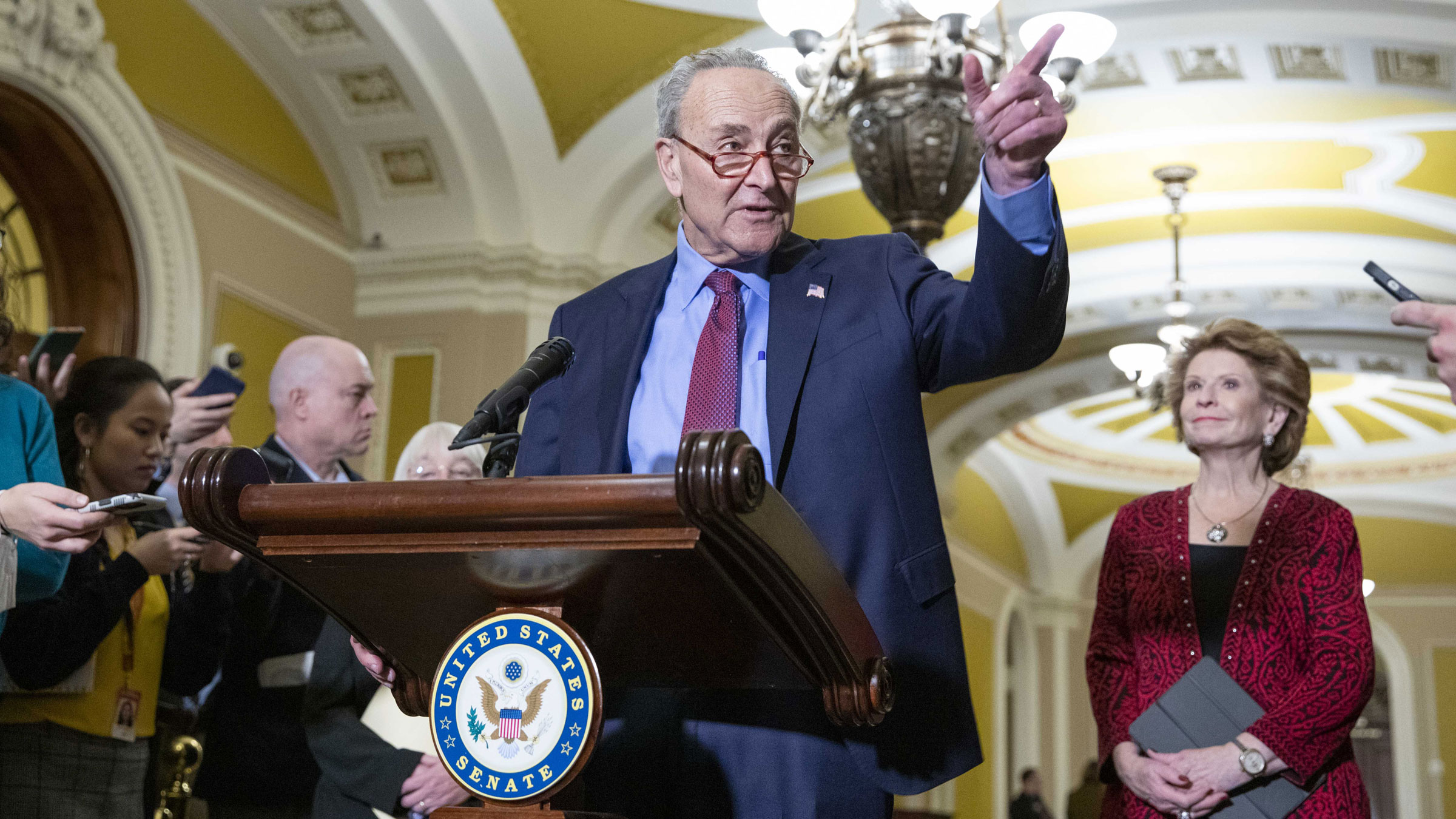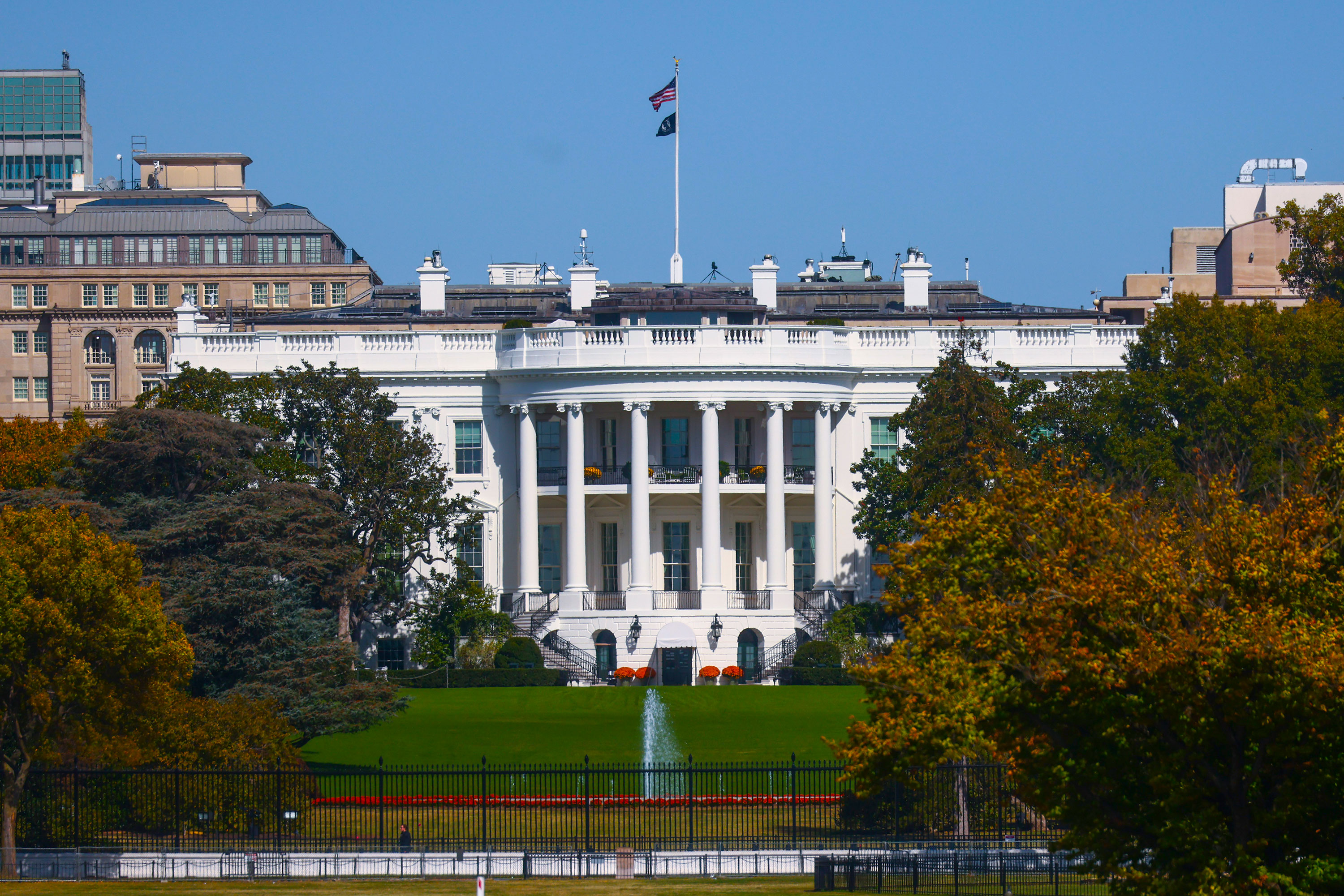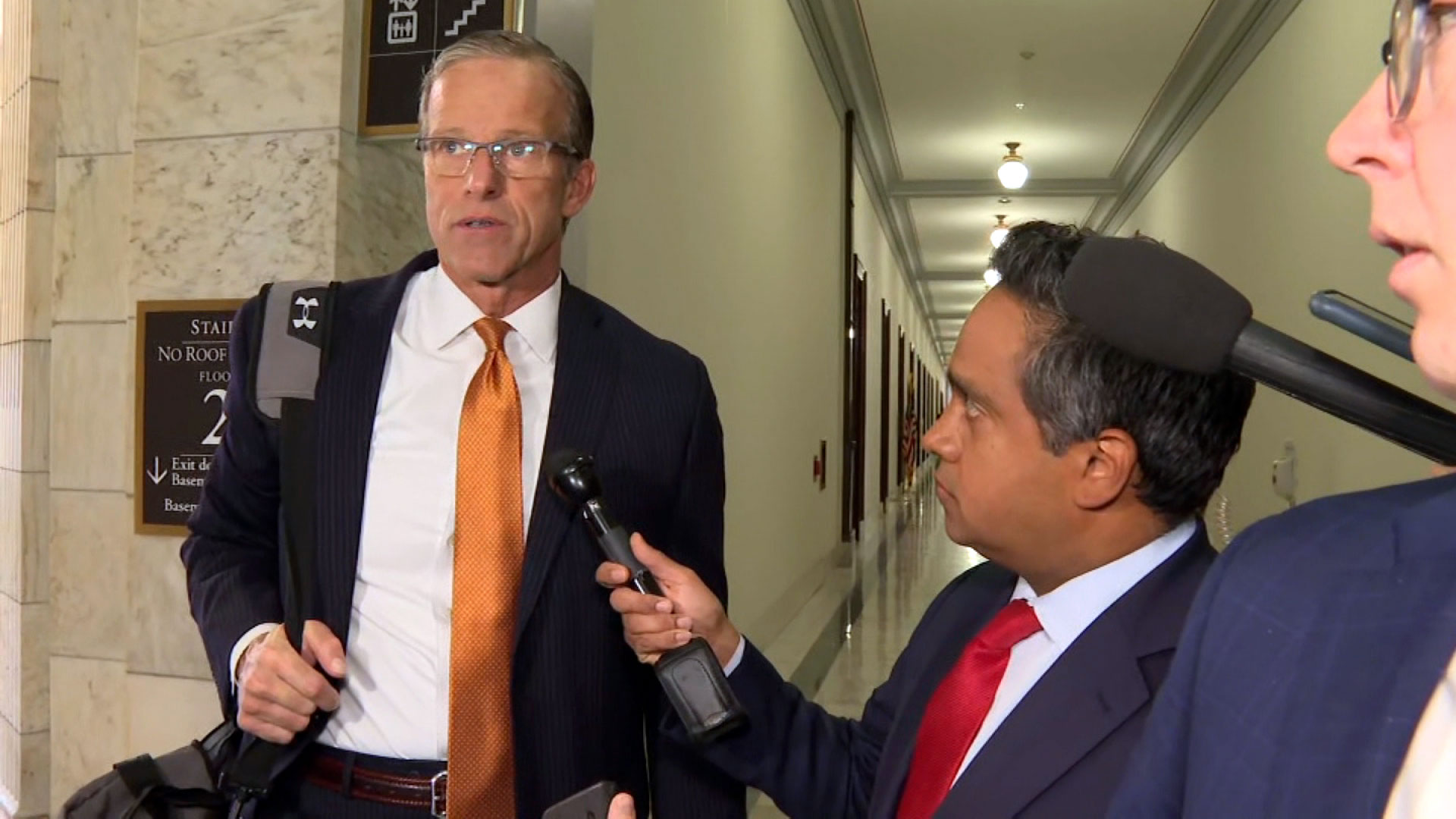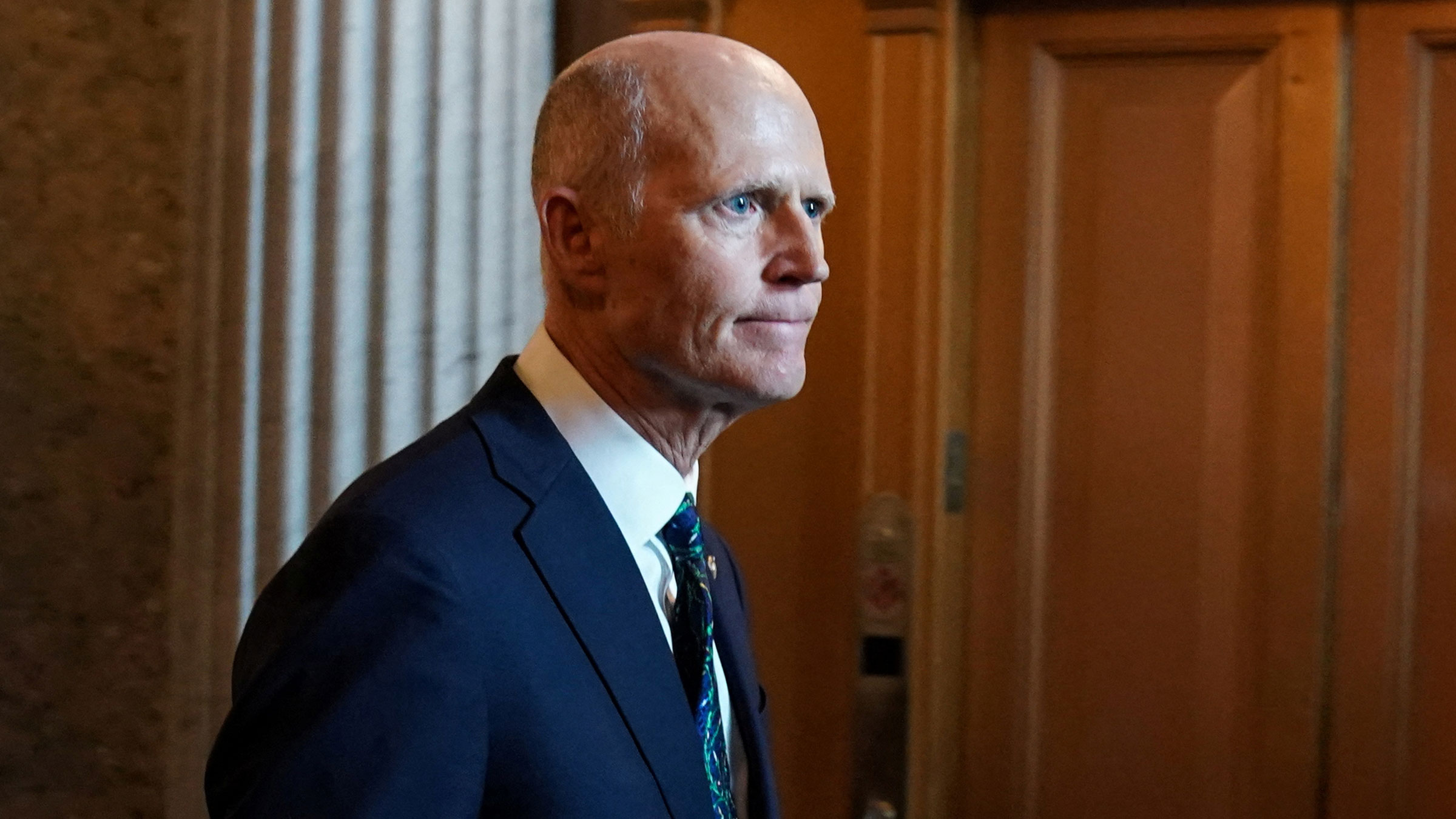As White House officials reflected on the final Democratic victory of a history-defying midterm election cycle, one constant has been a sense of validation.
For President Joe Biden, the expanded Senate majority clinched by Democratic Sen. Raphael Warnock's reelection in Georgia on Tuesday night served as a capstone driven in large part by two years of cornerstone legislative wins.
"What you saw Senator Warnock do and what you saw Democrats do this past election is run on the president's agenda — run on an agenda that was successful," White House press secretary Karine Jean-Pierre told reporters. "This was a success for Democrats, but also for President Biden."
Legislative success will be much harder to come by in the two years to come, even with an additional Senate vote, officials acknowledge. Republicans will soon take the majority in the House and have made clear their opposition to Biden — and his agenda — will serve as an animating feature of their policy and political priorities in the months ahead.
Still, the two years of unified Democratic control, even with the barest of majorities, played a critical role in not just blunting sweeping GOP wins, but actually gaining a seat in the Senate, according to Biden aides and congressional Democrats.
As Republicans grappled with the ever-present, disruptive and defining grip of former President Donald Trump, Democrats had an advantage in campaigns driven by legislative accomplishments. Even Democrats, like Warnock, who sought to distance themselves from Biden and his sagging approval ratings, pointed to their legislative successes.
The victories for Biden's agenda included trillions of dollars touching nearly every aspect of the US economy, manufacturing, infrastructure and climate policy, all of which have been broadly popular when taken in isolation.




